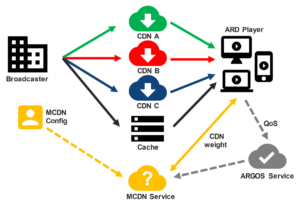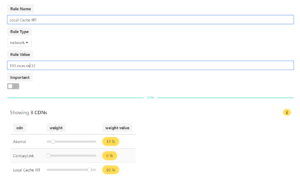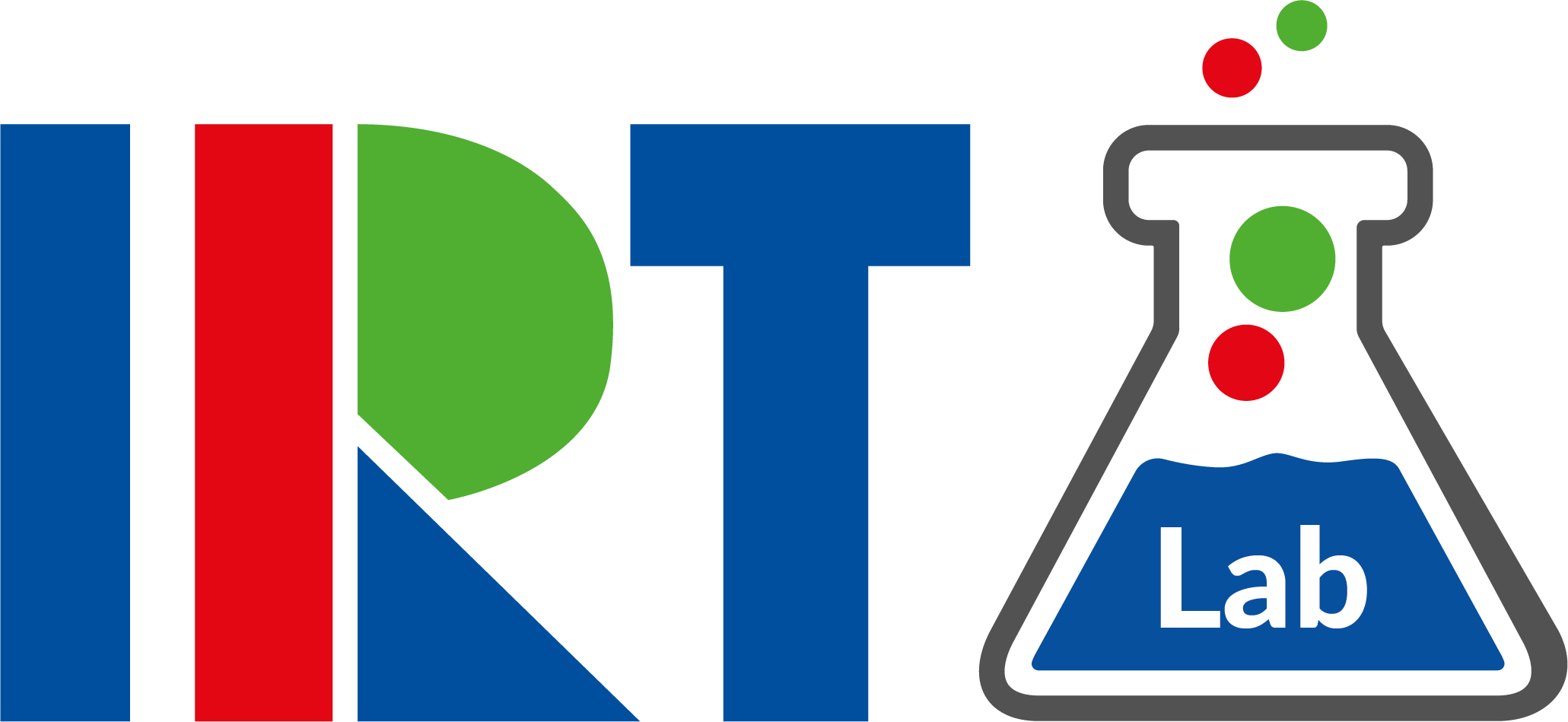For the growing popularity of video streaming in OTT services, multi-sourced caching solutions can reduce costs, improve performance and avoid vendor lock-in.
Data traffic of ARD and ZDF for streaming audio and video content has grown rapidly during the last years. This trend will enforce with the shift from classic linear TV to VoD streaming and additionally with new video technologies, e.g. UHD/HDR streaming and immersive 360-degree productions. IRT is investigating alternative caching solutions for multimedia transport at Internet Exchange Points (IXP) or Internet Service Providers (ISP) and is testing commercial and open solutions for load balancing many simultaneous streams of on-demand content.

There are various approaches to optimize video-delivery over the open internet on either the serverside, playerside or within the network. Adaptive stream-switching of various video qualities is allready state of the art today and new transport-protocols are being added to the public internet to improve the quality of service. Content Delivery Networks (CDNs) are caching most of the large volume unicast-traffic initiated by many parallel concurrent streams today. Caching servers can be located in data centers of IXPs or close to the user on the edge near an ISP. Multiple CDNs (MCDN) can be used in parallel to combine regional performance gains of different tenderers.
IRT is supporting the german public service broadcasters of ARD in launching their individual MCDN configurations and adding vendor-independent caching-solutions. For this purpose a solution for dynamic distribution of stream requests (HLS, MP4, DASH) to various alternative hosts of multiple broadcasters is developed in cooperation the corporative ARD player. In parallel to primary CDN-distribution, a flexible selection of several providers and caching services is supposed to save overall data traffic, reduce costs and to increase the robustness of delivery with the help of alternative stream sources.
Management
In a given management interface, broadcasters can configure their desired weighting, e.g. for several CDN configurations including their own local caching servers.

For this purpose, various dependencies such as times of day, network segments or geolocation (e.g. ISPs) can be defined in flexible rulesets according to each broadcasters individual requirements.

Player-Switching
The ARD player comprising a MCDN-Addon will then direct its client to various stored host names or servers, following a desired weighting of each broadcaster. There are two basic principles, the player can follow to achieve the target distributions:
- Overall Distribution of various independent playback sessions with weighted random values

- Instream switching with changing segment-origins during playback

Future versions of the MCDN-Service will also support ARGOS client side monitoring for dynamic CDN-switching decisions based on realtime feedback from each client about their overall playback situations.
The solutions developed by IRT together with dasErste, WDR and SWR integrate seamlessly into existing streaming workflows. A common Origin-Server in a pull-operation of all used CDNs and Caches is a prerequisite to the showed approach. The MCDN service is a highly scalable implementation running in the Google Cloud to be able to serve very high loads of concurrent requests from the ARD-Player. Possibilities of interaction with other multi-CDN solutions and commercial caching solutions are to be investigated.
Demonstration
This following MCDN-Testpage exposes the switching logics showed above working in the ARD-Player with an enabled MCDN-Addon. Once the playback of a selected testcase started, the user can follow how many segments had beed consumed from which source provided by the MCDN-responder as part of the corresponding Cloud service.
If you want more information about this project, feel free to contact us at opencdn@irt.de.

